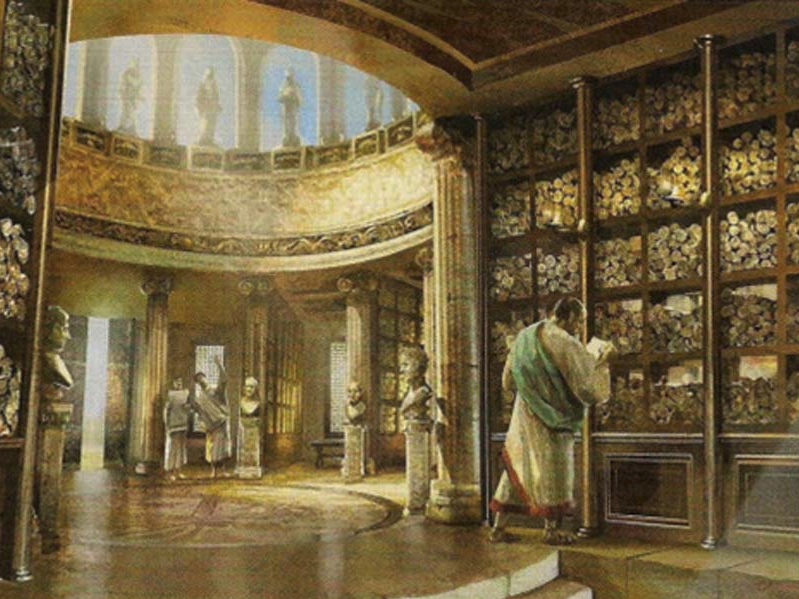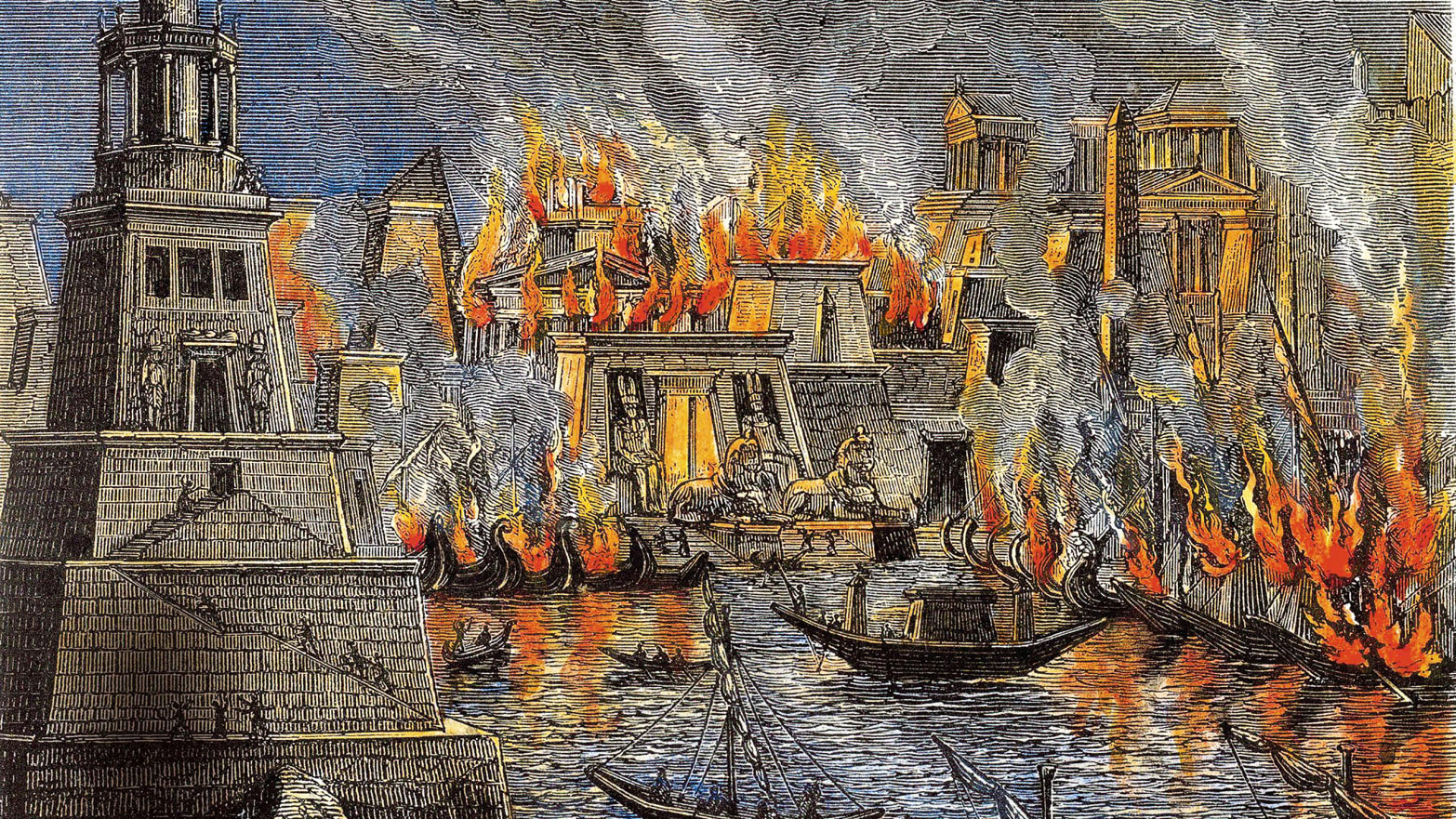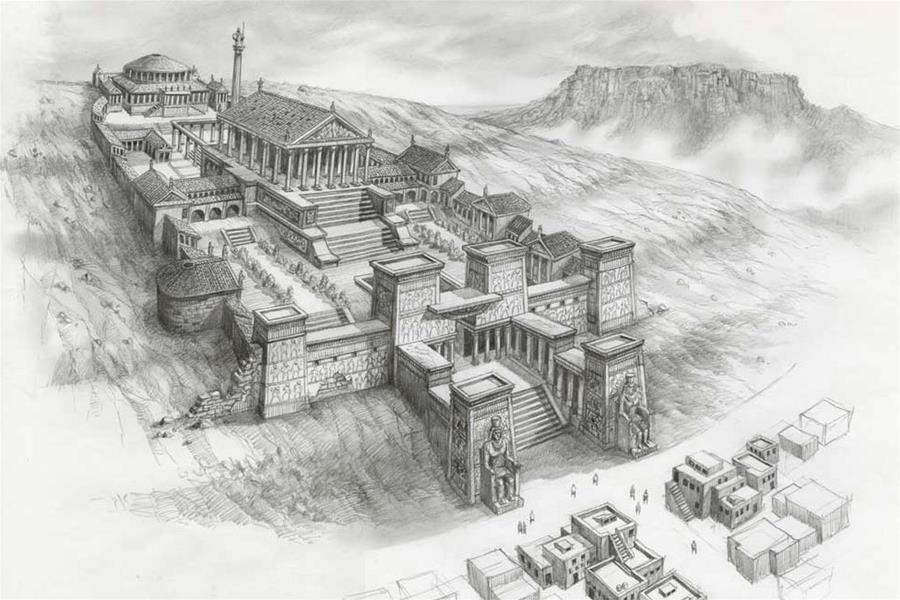The written word has the power to transport us to different worlds, to inspire us, to challenge us, and to comfort us. It is no wonder that libraries and bookstores have been an integral part of our culture for centuries. But where did it all begin? While trying to pinpoint the first bookstore in the world is impossible to do with any degree of certainty, we certainly know some of the oldest bibliophile hubs!

*
One of the first known libraries in the world was established (unsurprisingly) in ancient Egypt, in the city of Alexandria. The city was founded by Alexander the Great in 331 BC and quickly became (what some consider) the center of learning and scholarship in the world. The rulers of Alexandria recognized the importance of the written word and knowledge, and they established the Royal Library of Alexandria to house the world’s greatest collection of books. The library was a magnificent structure, with lecture halls, gardens, and reading rooms. It was said to contain almost a half a million scrolls (though reports throughout history go anywhere between 40,000 to 400,000 scrolls lining its walls), most of which were kept in stacks that reached all the way to the ceiling. Scholars from all over the world came to study at the library, and it became a symbol of the city’s intellectual and cultural achievements. As what is considered today to have been the largest library in the ancient world, it must have been a sight to behold!
Interestingly, the library was not just a place for scholars. It was apparently open to the public, and anyone who wanted to read or even borrow books (scrolls) could do so. This was a revolutionary idea at the time, as “books” were traditionally only available to the wealthy and powerful. According to some, the library’s founders believed that knowledge ought to be accessible to everyone, and they made sure that the written word was available to all who sought it. Granted, at the time this was mainly scholars, but many believe that all who were interested in knowledge were able to consult and utilize the library.
Some also argue that library had a type of ‘bookstore’ located on its grounds. It is possible that this area of the library sold scrolls that had been copied out by scribes, who would sit in the library and replicate entire works by hand. These copies were often very expensive, and only the wealthiest individuals could afford to buy them. But the “bookstore” could potentially have sold cheaper versions or duplicates, made from papyrus instead of expensive parchment. These cheaper versions would have made reading more accessible to the general public, helping to spread knowledge and literacy throughout Alexandria. Sadly, the Library of Alexandria was destroyed in a fire in 48 BC, and much of its collection was lost.

*
However, the legacy of the library and bookstores lived on. The idea that knowledge should be accessible to all has became a cornerstone of Western culture, and libraries and bookstores continue to be places where people can come together to learn, share ideas, and explore the world of literature. We should know… we run one!
Fun Fact: Another one of the earliest known bookstores in the world was the Library of Ashurbanipal in ancient Assyria, which was established in the 7th century BCE and contained tens of thousands of clay tablets!


